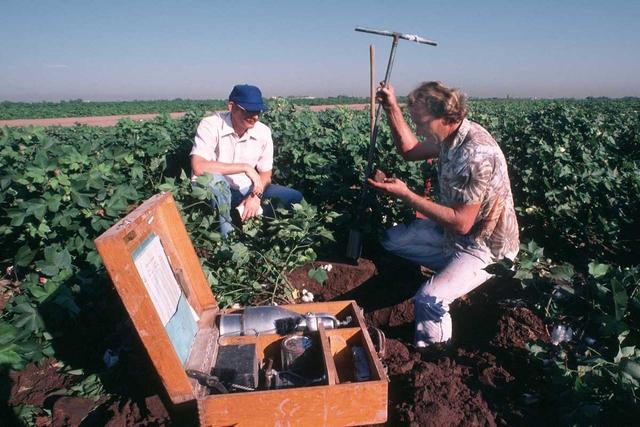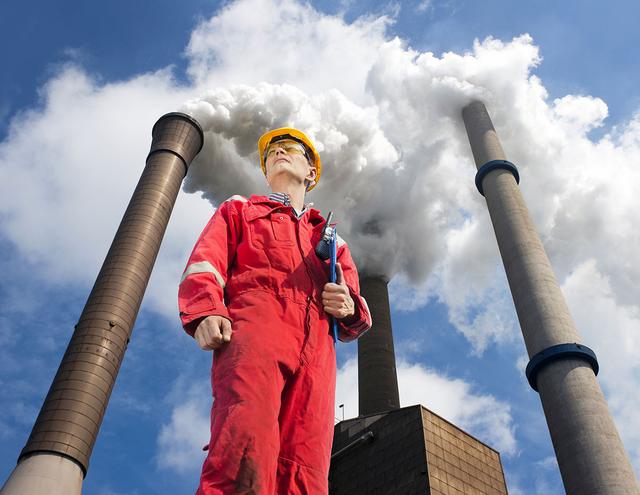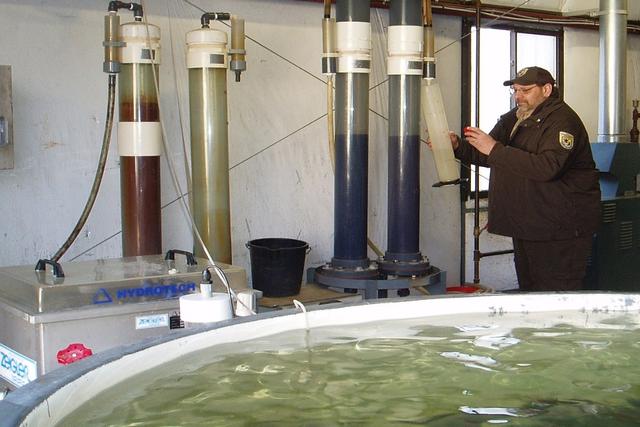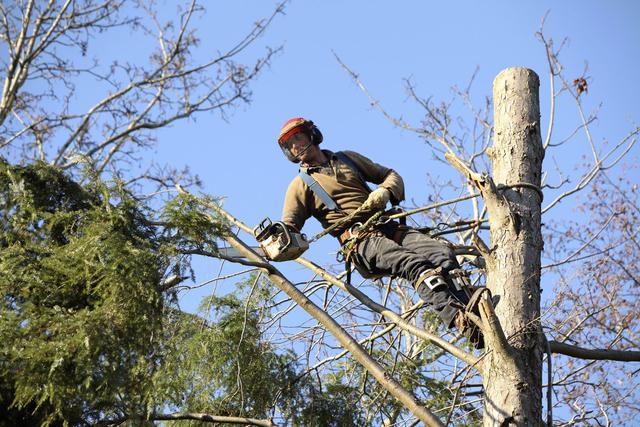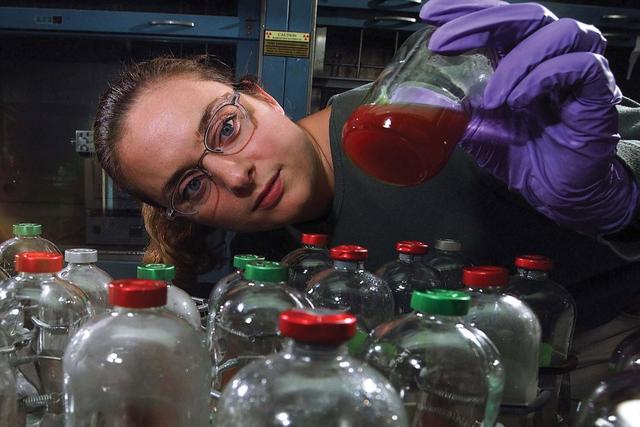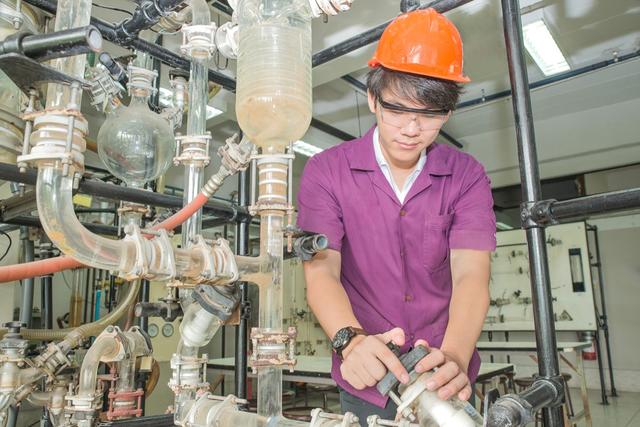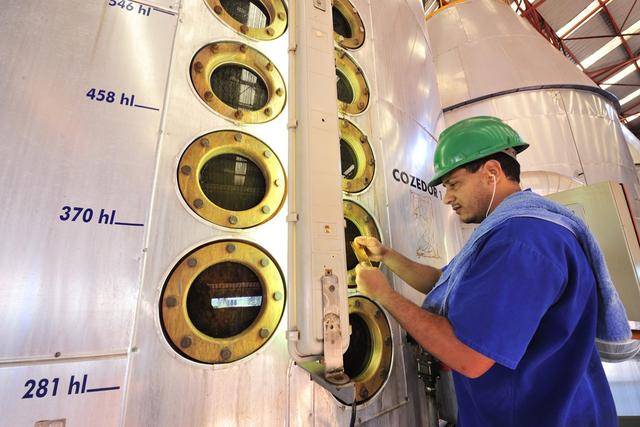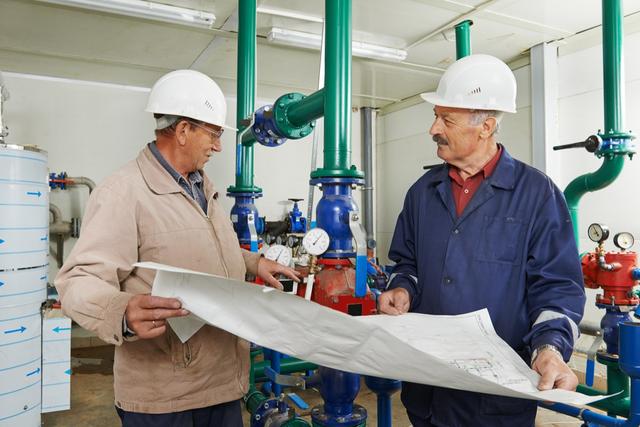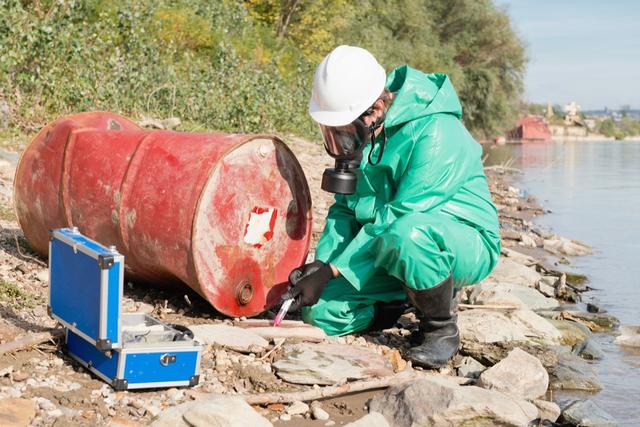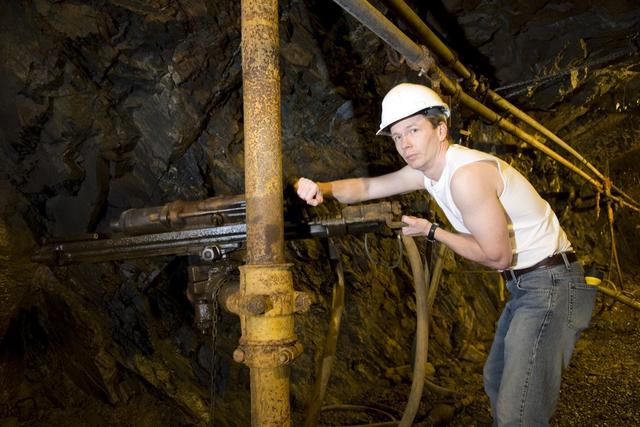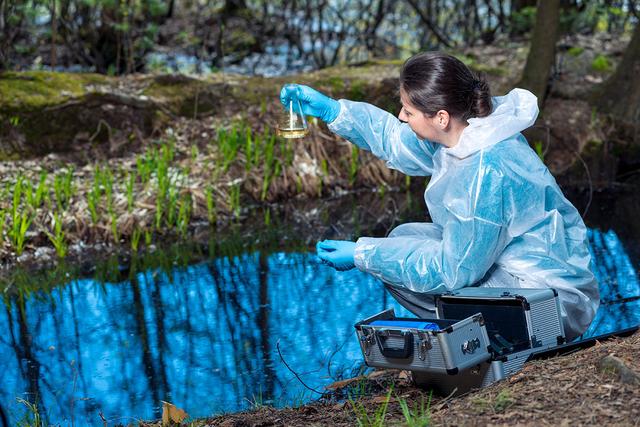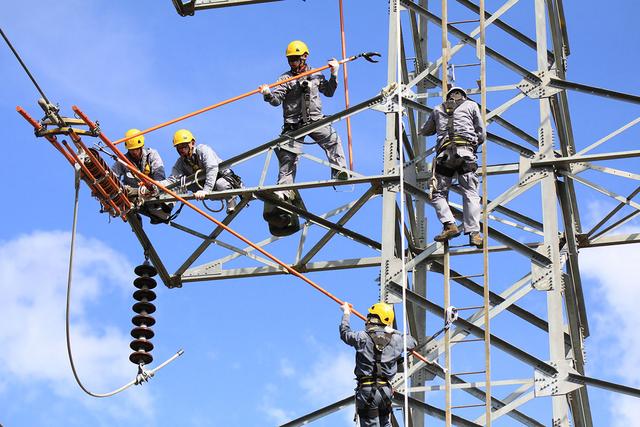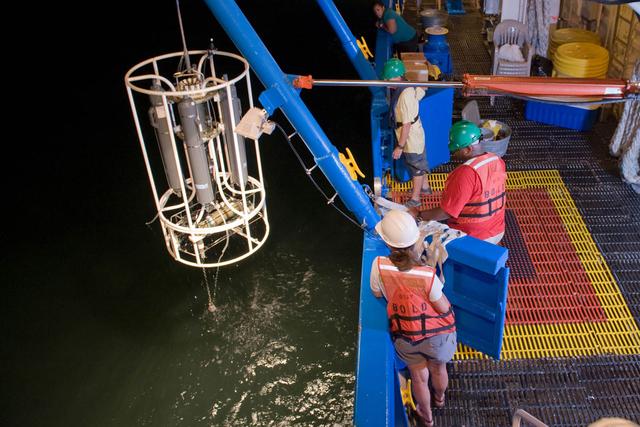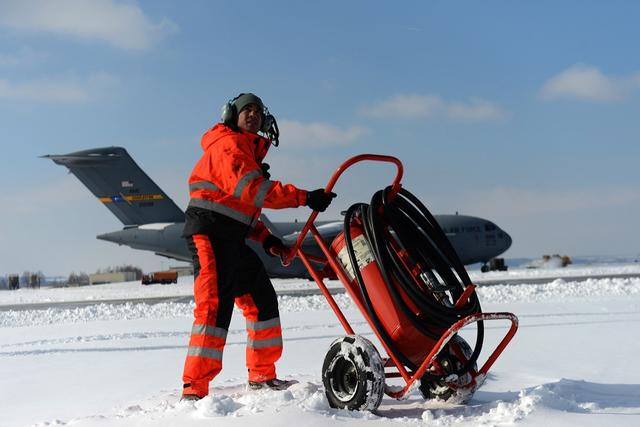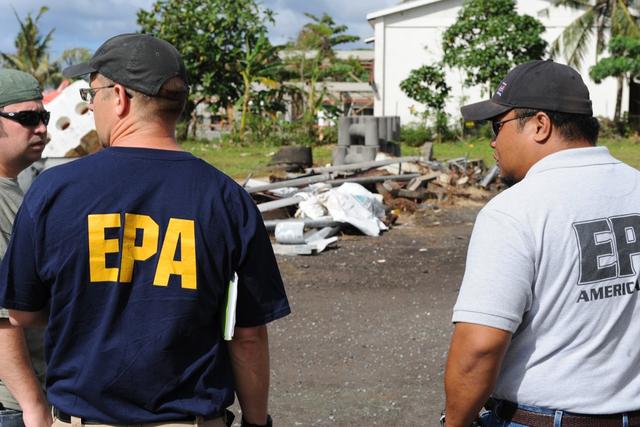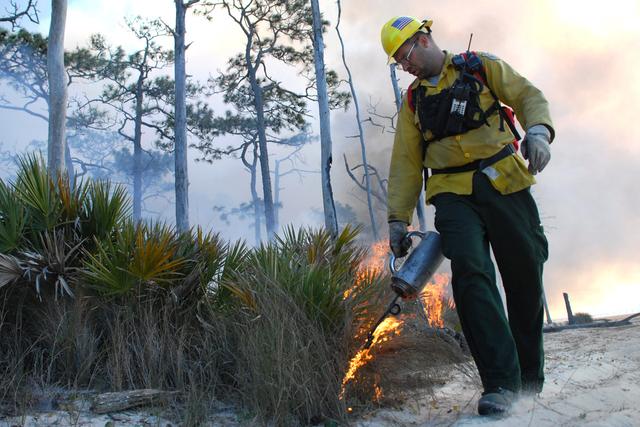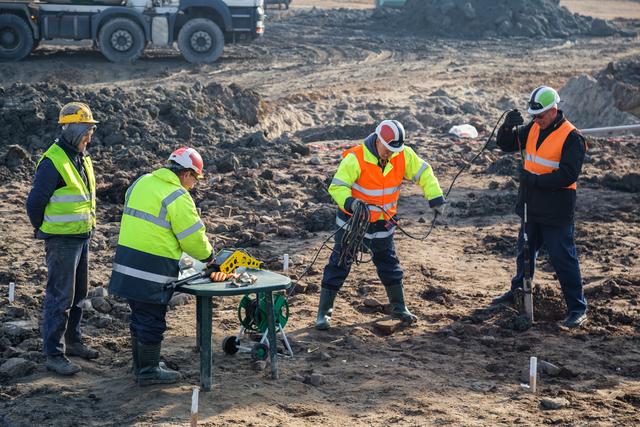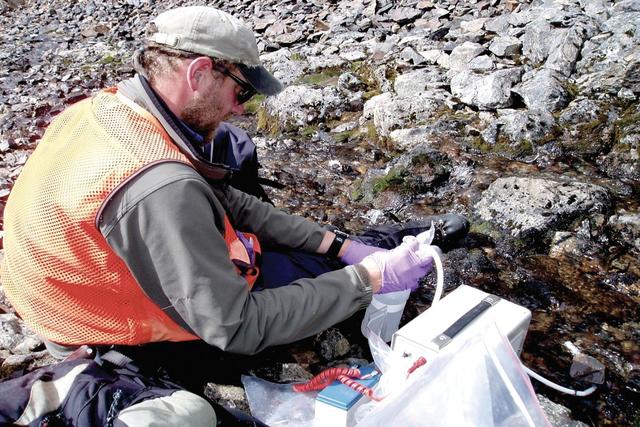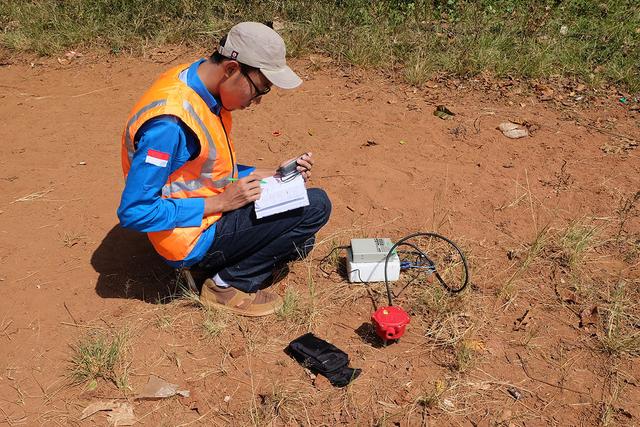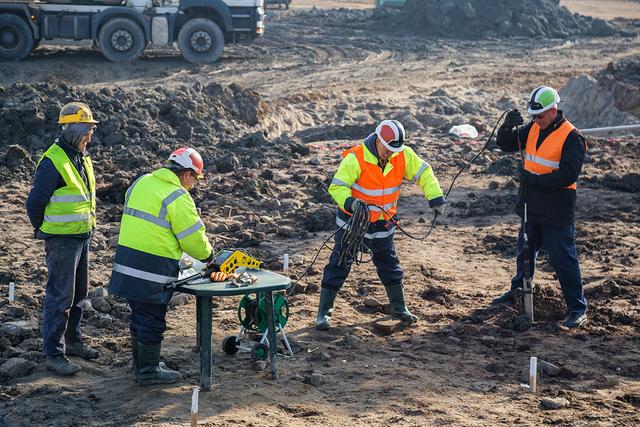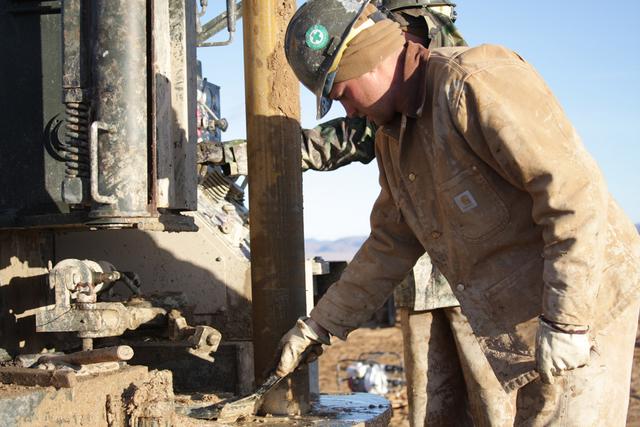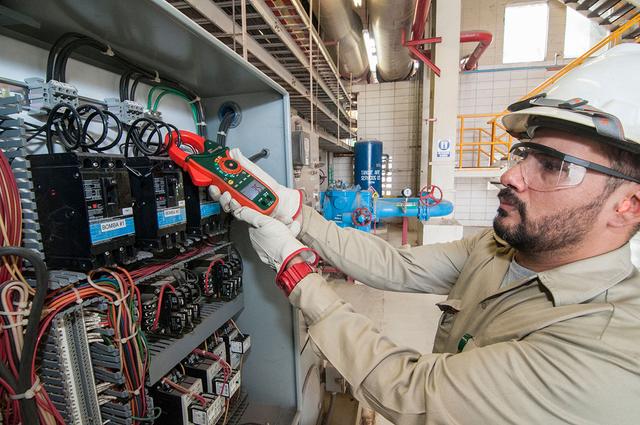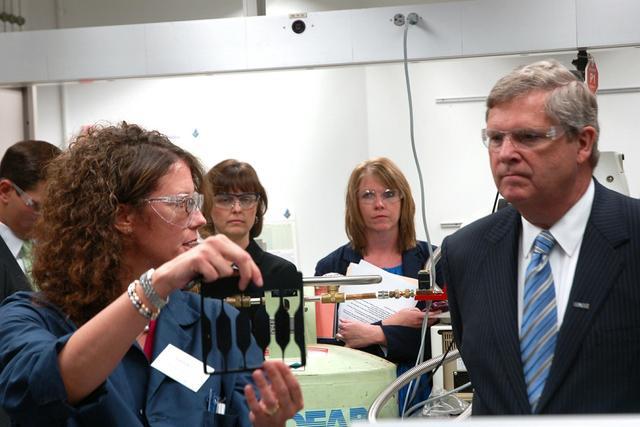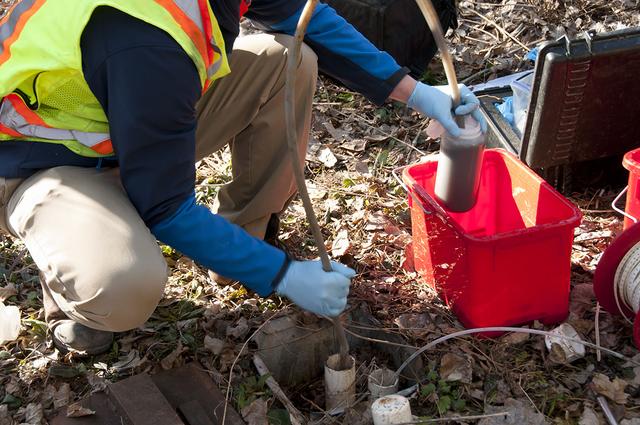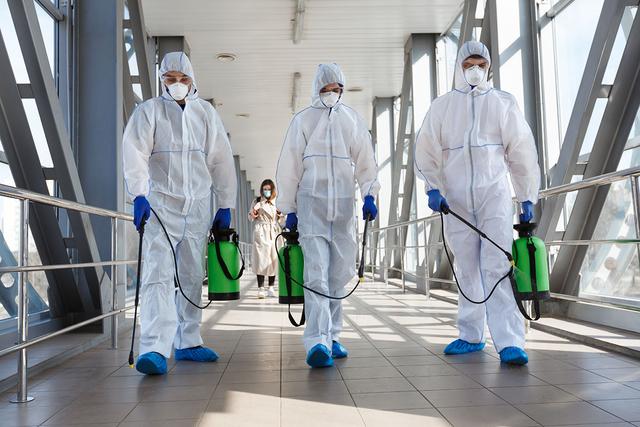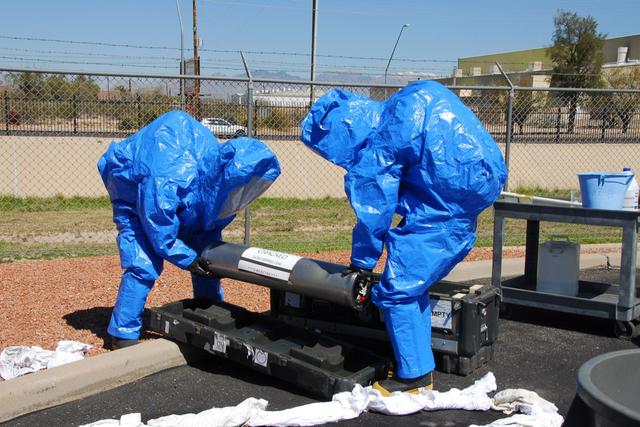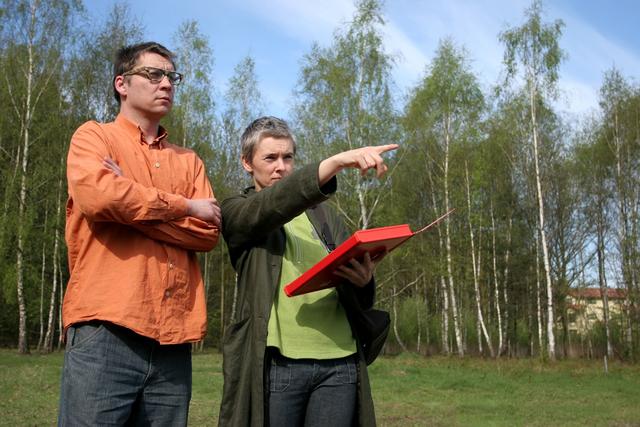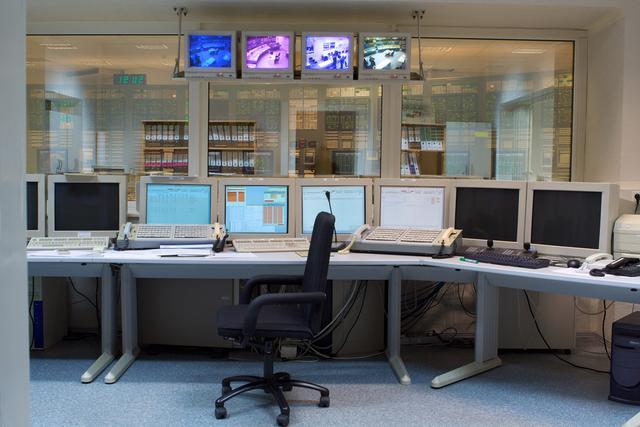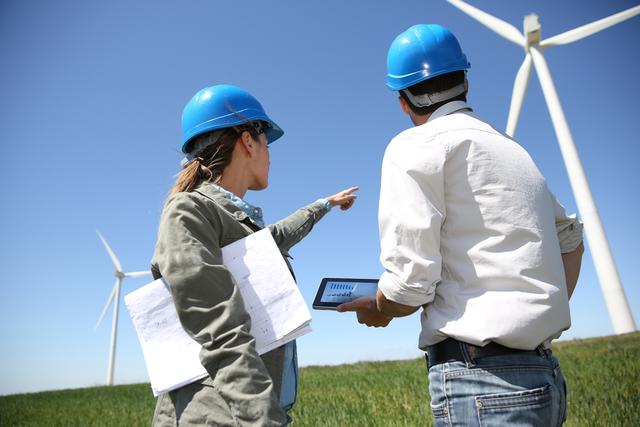Energy Conservation Technicians
Overview

Introduction
Energy conservation technicians identify and measure the amount of energy used to heat, cool, and operate a building or industrial process. They analyze the efficiency of energy use and determine the amount of energy lost through wasteful processes or lack of insulation. After analysis, they suggest energy conservation techniques and install any needed corrective measures. Energy conservation technicians are also known as energy auditors, energy efficiency auditors, and weatherization installers and technicians.
Quick Facts
Median Salary
Employment Prospects
Minimum Education Level
Experience
Skills
Personality Traits
Earnings
Earnings of energy conservation technicians vary significantly based on the amount of formal training and experience. The average annual salary for environmental engineering technicians in engineering and architectural services was $57,960 in May 2023, according to the U.S. Department of Labor. Salaries for all environmental engineering technicians ranged from less than $36,150 for the lowest 1...
Work Environment
Because energy conservation technicians are employed in many different settings, the environment in which they work varies widely. Energy conservation technicians employed in research and development, design, or product planning generally work in laboratories or engineering departments with normal daytime work schedules. Other technicians often travel to customer locations or work in their empl...
Outlook
Since energy use constitutes a major expense for industry, commerce, government, institutions, and private citizens, the demand for energy conservation technicians is likely to remain strong. The U.S. Department of Labor predicts that the employment of environmental engineering technicians (a career category that includes energy conservation technicians) is expected to increase more slowly than...
